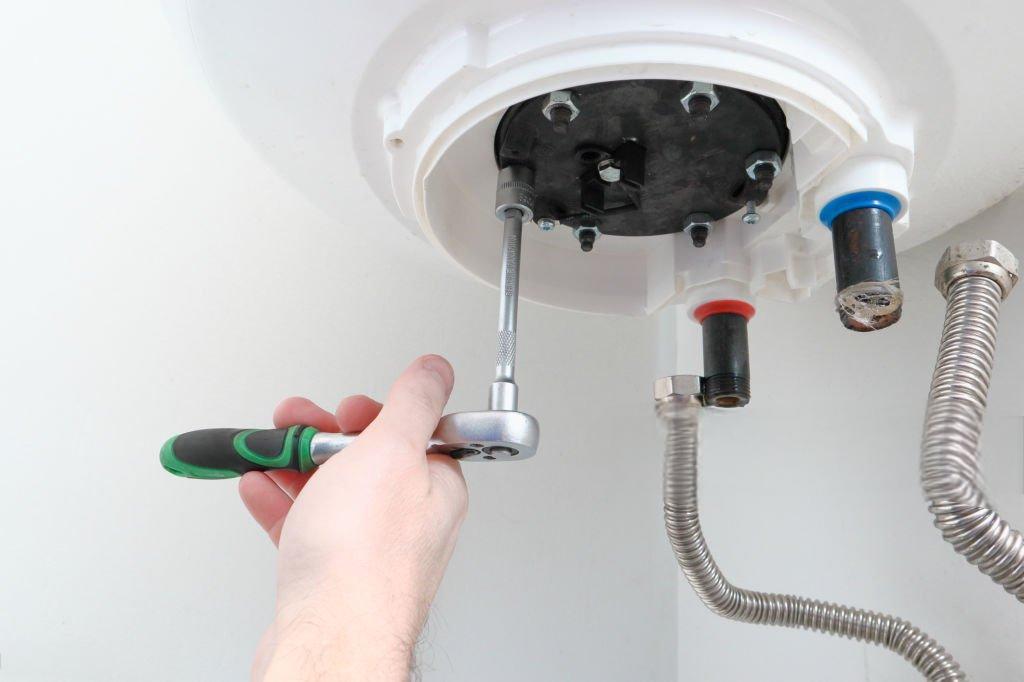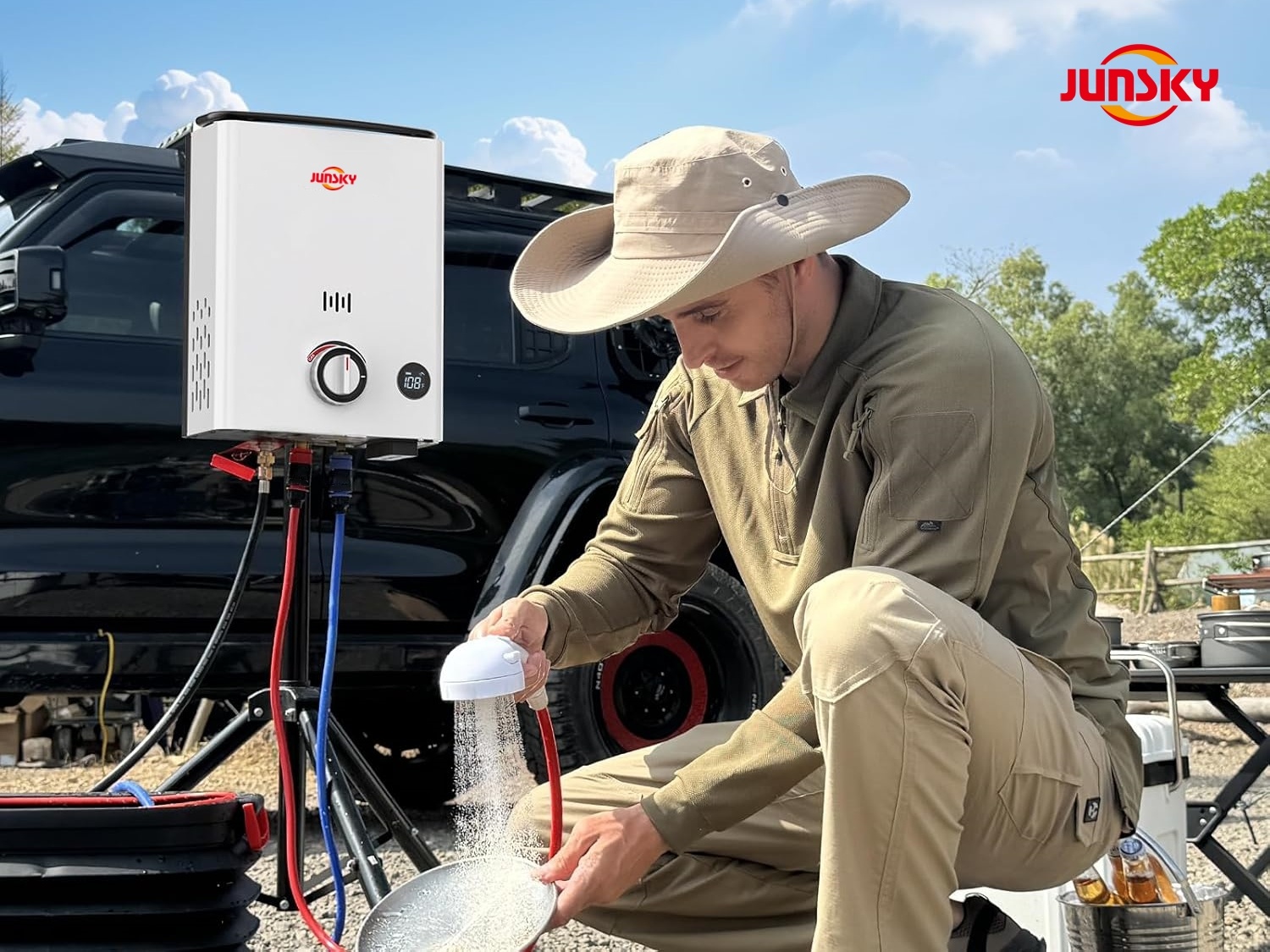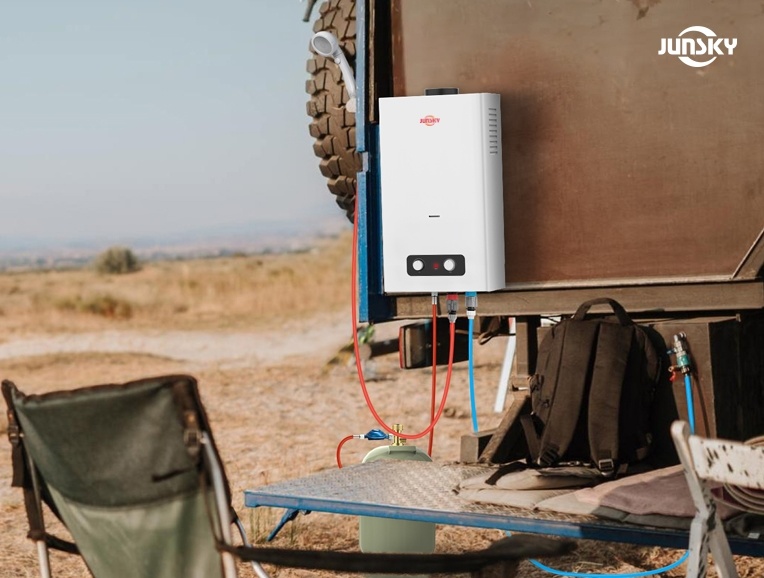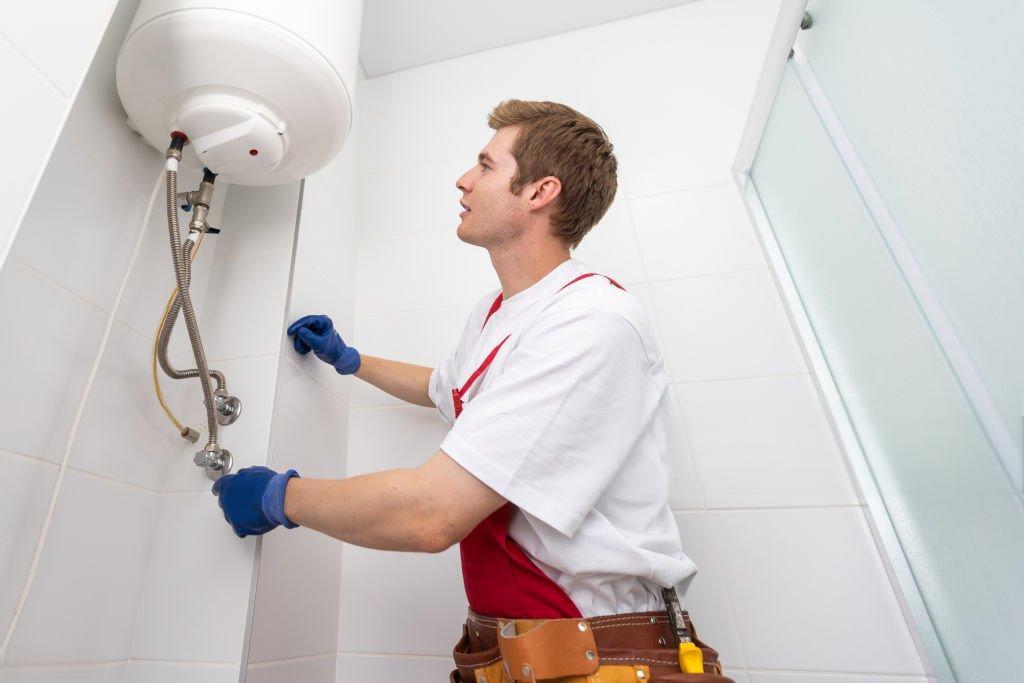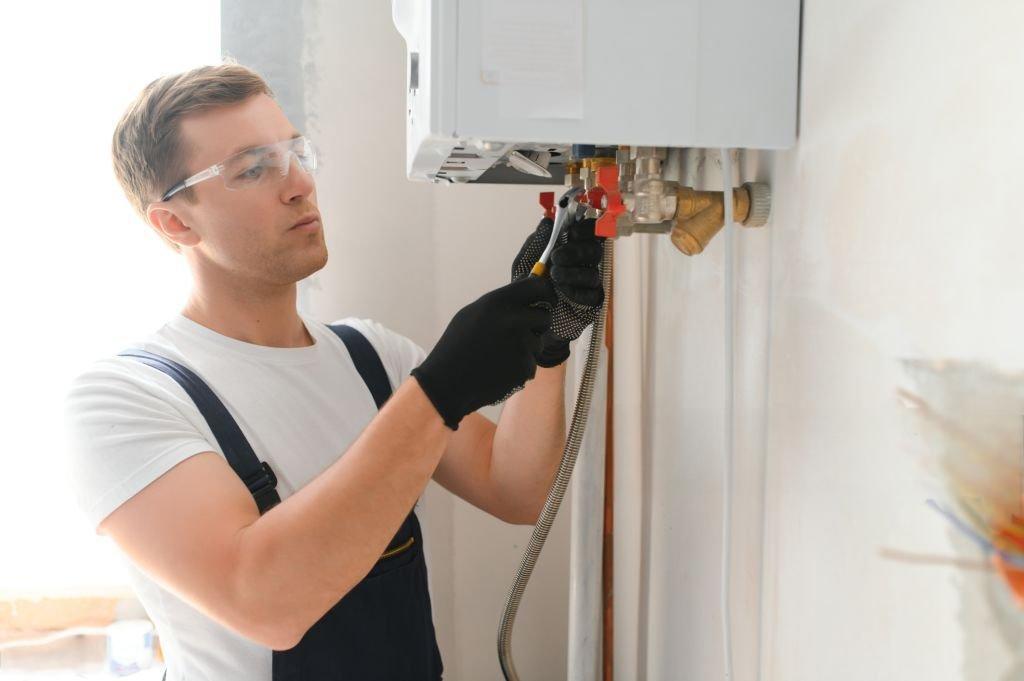Tankless Water Heaters: 7 Tips to Maximize Energy Savings
2025-03-18
Tankless water heaters save energy by heating water on demand. To maximize efficiency, choose the right size, maintain regularly, use low-flow fixtures, adjust temperature, and consider a recirculation system. Proper use reduces energy costs and supports sustainability.

Tankless water heaters have gained popularity in recent years due to their energy efficiency and on-demand hot water supply. Unlike traditional water heaters that store and constantly heat water, tankless models heat water only when needed, reducing energy consumption. However, to truly maximize the energy-saving potential of a tankless water heater, there are several tips and best practices to keep in mind.
Choose the Right Size
Selecting the correct size for your household is crucial. A unit that’s too small will struggle to meet demand, while an oversized one may waste energy. Consider factors like the number of bathrooms, appliances, and peak usage times to determine the appropriate capacity.
Selecting the correct size for your household is crucial. A unit that’s too small will struggle to meet demand, while an oversized one may waste energy. Consider factors like the number of bathrooms, appliances, and peak usage times to determine the appropriate capacity.
Opt for Energy-Efficient Models
Look for tankless water heaters with a high Energy Factor (EF) rating. These models are designed to use less energy while delivering the same performance. ENERGY STAR-certified units are a great choice for maximizing efficiency.
Look for tankless water heaters with a high Energy Factor (EF) rating. These models are designed to use less energy while delivering the same performance. ENERGY STAR-certified units are a great choice for maximizing efficiency.
Install Strategically
Place the unit as close as possible to the areas where hot water is most frequently used, such as bathrooms and kitchens. This reduces heat loss in pipes, ensuring hot water reaches your faucets faster and with less energy waste.
Place the unit as close as possible to the areas where hot water is most frequently used, such as bathrooms and kitchens. This reduces heat loss in pipes, ensuring hot water reaches your faucets faster and with less energy waste.
Maintain Regularly
Annual maintenance, such as descaling and cleaning, is essential to keep your tankless water heater running efficiently. Mineral buildup can reduce performance and increase energy consumption over time.
Annual maintenance, such as descaling and cleaning, is essential to keep your tankless water heater running efficiently. Mineral buildup can reduce performance and increase energy consumption over time.
Use Low-Flow Fixtures
Pair your tankless water heater with low-flow showerheads and faucets. These fixtures reduce water usage, allowing the heater to work more efficiently and save energy.
Pair your tankless water heater with low-flow showerheads and faucets. These fixtures reduce water usage, allowing the heater to work more efficiently and save energy.
Adjust the Temperature
Lower the default temperature setting to around 120°F (49°C). This not only prevents scalding but also reduces energy usage, as the heater won’t need to work as hard to heat the water.
Lower the default temperature setting to around 120°F (49°C). This not only prevents scalding but also reduces energy usage, as the heater won’t need to work as hard to heat the water.
Consider a Recirculation System
If instant hot water is a priority, invest in a recirculation pump. This system minimizes the wait time for hot water, reducing water waste and improving overall efficiency.
If instant hot water is a priority, invest in a recirculation pump. This system minimizes the wait time for hot water, reducing water waste and improving overall efficiency.
By following these tips, you can make the most of your tankless water heater’s energy-saving potential. Not only will you reduce your utility bills, but you’ll also contribute to a more sustainable future. Tankless water heaters are a smart investment, and with proper care and usage, they can provide reliable hot water while keeping energy consumption to a minimum.
TAG:
Related Blog


